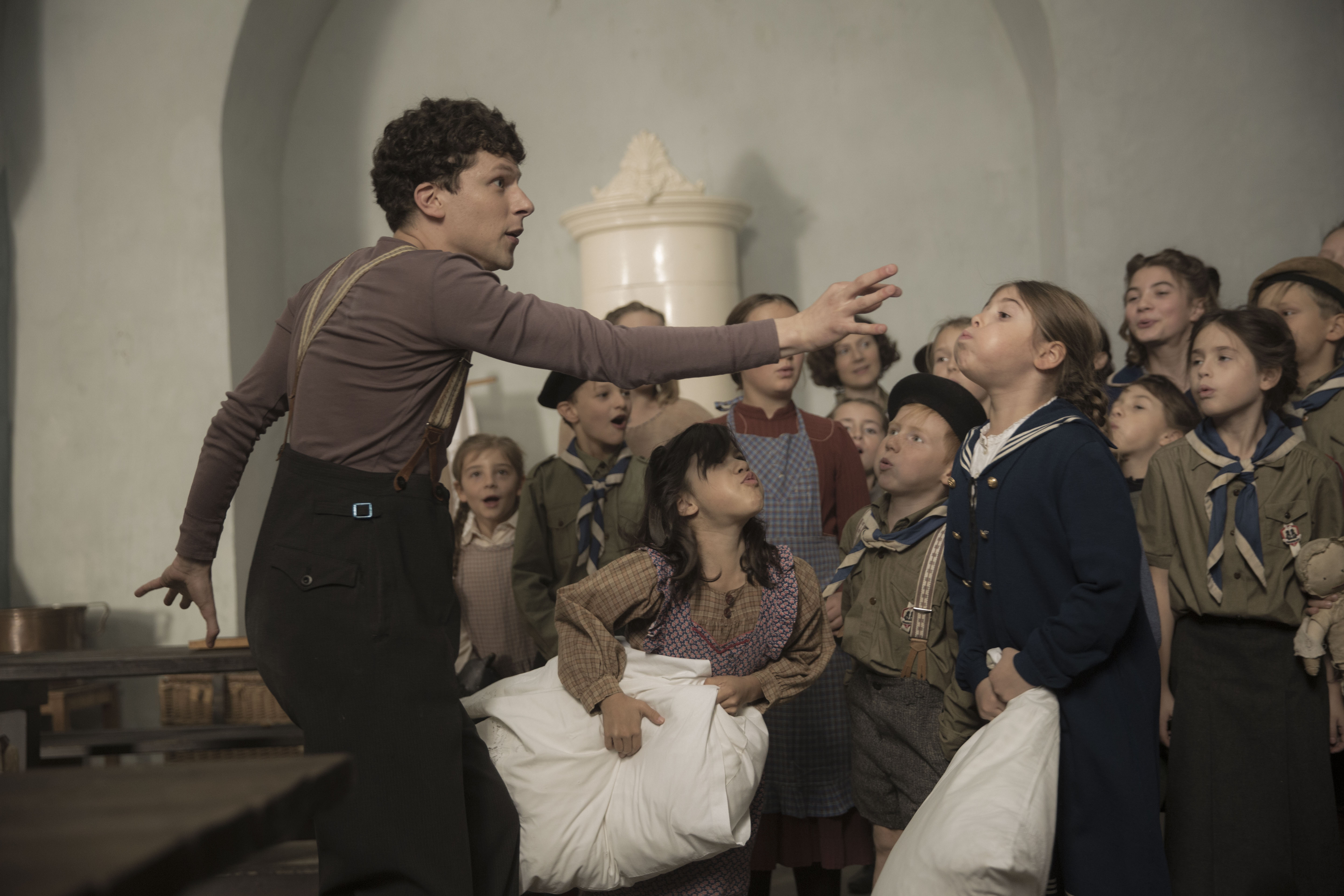
Most people know French actor Marcel Marceau as the most famous and perhaps greatest mime of all time, but few are aware that he was a Jewish hero who worked with the French Resistance and the Jewish boy scouts to rescue thousands of children from the Nazis.
Based on accounts by Marceau’s cousin and Jewish boy scouts leader Georges Loinger, “Resistance” recounts the dangerous secret missions to spirit children out of occupied France that gave Marceau the opportunity to put his unique talents to use. Writer-director Jonathan Jakubowicz wrote it with actor Jesse Eisenberg in mind.
“I thought he was perfect for the role — that combination of edgy artistic arrogance and a lot of heart,” Jakubowicz told the Journal. “At the beginning of the movie, Marcel is completely focused and obsessed with his art. The last thing he wants is to become a war hero. It’s fascinating to watch him change from a self-centered genius to the most generous man on Earth. In many ways, Jesse is like that, a part-time obsessive genius and a full-time fantastic human being.”
Eisenberg — no stranger to Jewish characters including Mark Zuckerberg in “The Social Network” — readily accepted the challenge to tell “a beautiful, heroic story about a Jewish hero,” he said. “Marceau resisted entertaining children because he thought it was beneath him. What’s so beautiful is that in the course of the movie he finds a way to reconcile being an artist and helping other people and realizes they’re not mutually exclusive.”
“I thought Jesse was perfect for the role — that combination of edgy artistic arrogance and a lot of heart. At the beginning of the movie, Marcel is completely focused and obsessed with his art.” — Jonathan Jakubowicz
He connected to the role in additional ways. “Growing up, my mother was a birthday party clown. Every morning, she would put on the makeup that Marcel Marceau was known for and entertained children,” Eisenberg said, adding that his family came from the same area in Poland as Marceau’s forebears. He recalled arriving on set in Prague, which had been transformed into occupied France, swastikas and all.
“As a Jewish person who pays special attention to Holocaust movies, it was so surreal,” he said, noting that several of his forebears died in the Holocaust. “I have one surviving relative who lives in Poland,” he said. She inspired his 2013 play, “The Revisionist.”
Eisenberg prepared for the role by studying mime for nine months with a protégé of Marceau’s who choreographed the mime scenes in the movie. He also read up on the history of the period, practiced a French accent and investigated “the great trove of material available” about Marceau. “The way he talks about himself and phrases things, the gestures he makes. It’s an amazing shortcut to figuring out a role,” Eisenberg said.
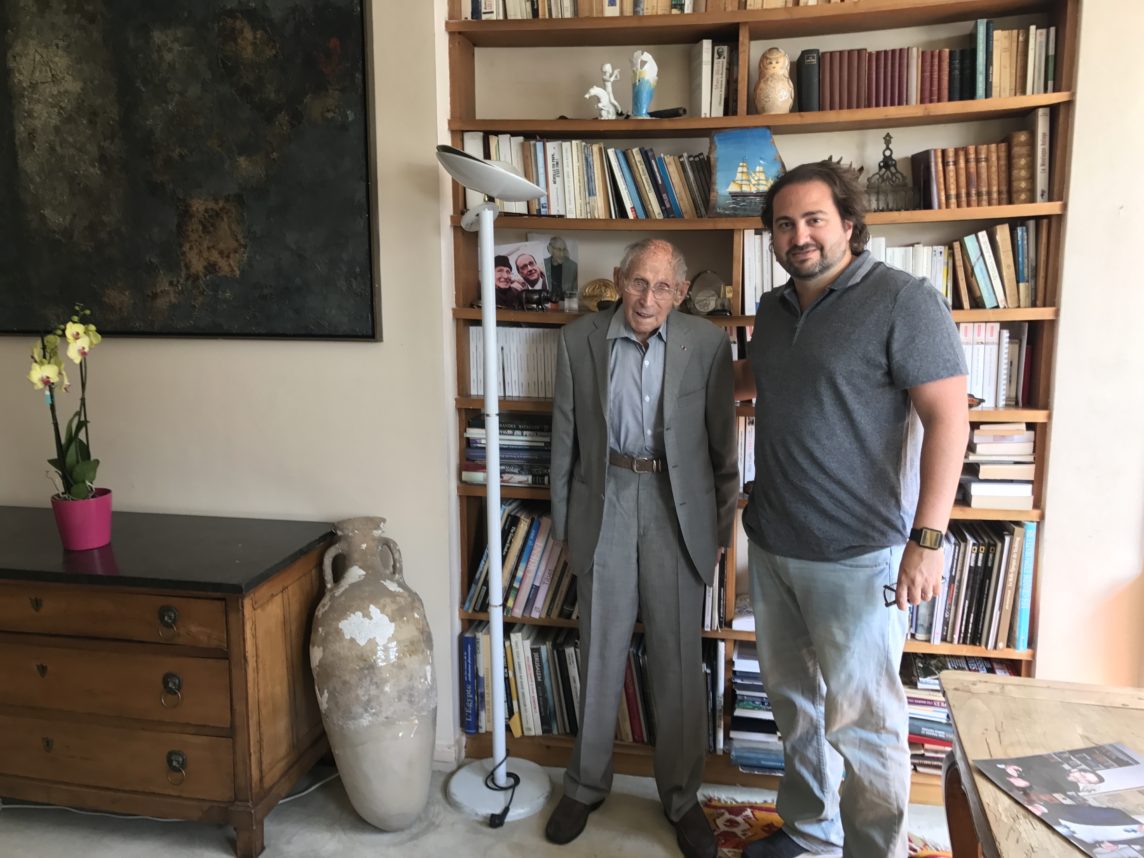
The project was equally personal for Jakubowicz, who lost hundreds of members on both sides of his Polish family in the Holocaust (four relatives were Schindler’s List survivors). “I had a sense of the level of evil humans were capable of, embedded in my brain from childhood,” he said. Meeting Georges Loinger, who died in December 2018, convinced him further that he should tell the cousins’ story. “When you witness their heroism, how they risked it all to save orphan children, you can’t help but be humbled and inspired,” he said.
Shooting in Nuremberg, Germany, on the day after the Tree of Life shooting in Pittsburgh in November 2018, Jakubowicz said, “It was breathtaking that a group of Germans and Jews were together making art in a coliseum Hitler had built for himself. The Shoah is there, staring at you, reminding you of the horror and the miracle of being alive. I don’t think any of us will ever forget it. The ruins of hatred were exorcised in art.”
Jakubowicz grew up in Caracas, Venezuela, which was open to Jews after World War II, but Hugo Chavez came to power in 1998 “and his anti-Semitism contaminated government media and everything changed,” Jakubowicz said. After making “The Secuestro Express” in 2005, he became a target for “portraying the authorities under a negative light” and left for Los Angeles the following year.
He attends Wilshire Boulevard Temple on the High Holy Days, loves reading Torah and visits his mother in Israel. “I’m very connected to Judaism. I love our history, our culture, our values. My Judaism is mostly rooted in cultural traditions,” he said. “Only recently have I started praying, especially on the set of this movie. I truly felt the need.”
Eisenberg, a native New Yorker, wasn’t raised in a religious home. “I found my Judaism through cultural things like comedy, social justice work, stuff that I didn’t associate with the religion but is inherent in it and is practiced by Jewish people in modern life,” he said. “Like many Jews, I found my own way to being Jewish. It’s a religion of curious, questioning people, and there are as many ways of practicing it as there are Jews.”
He has become more religious since marrying his wife, a social activist, and having a son. “I show him Jewish humor and comedians that I like and she takes him to protests,” he said.
Although his plans to begin new projects are on hold due to the COVID-19 pandemic, Eisenberg has another, very different film releasing digitally the same day as “Resistance.” “Vivarium” is a modern horror tale about a couple trapped alone in a maze-like housing development.
“It’s a fever dream of a movie, really unnerving but in an artful way,” he said, noting the irony of people watching it while sheltering at home. “It’s about the claustrophobia of being stuck.”
Both “Resistance” and “Vivarium” will be released March 27 digitally and on video on demand.







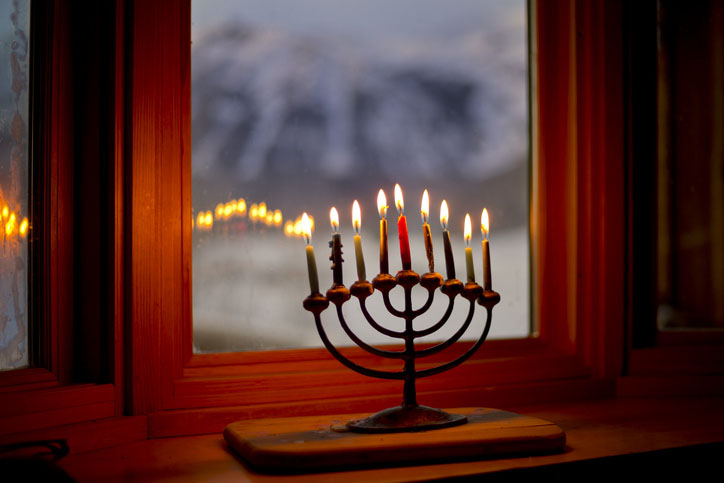
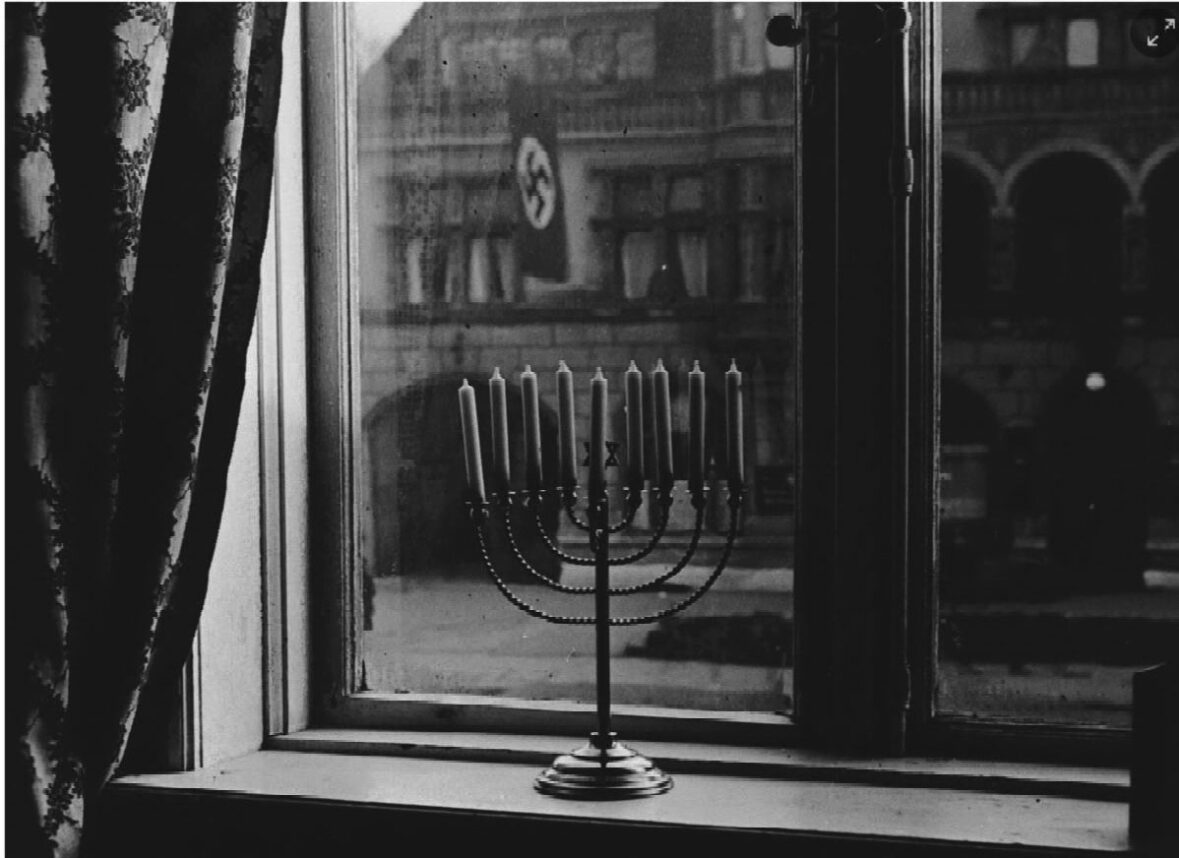
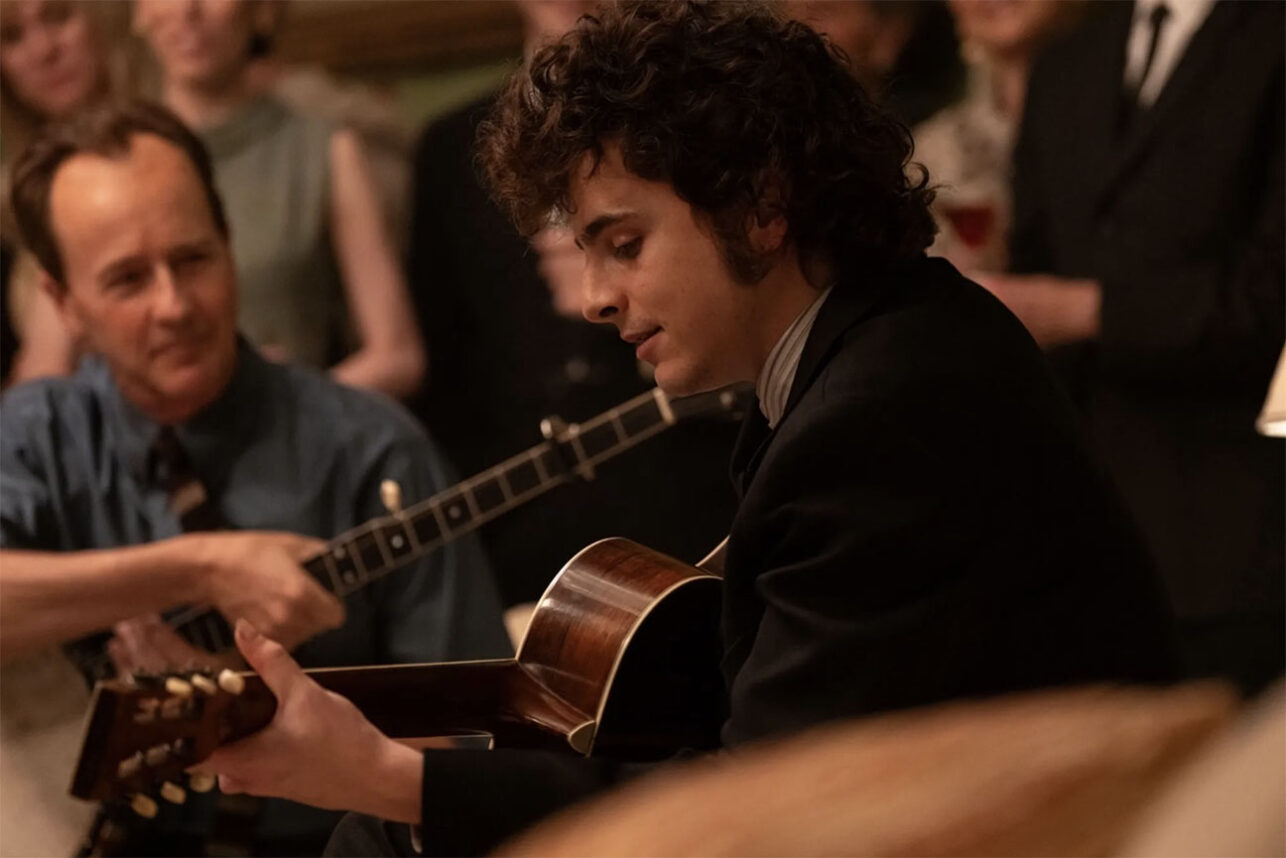
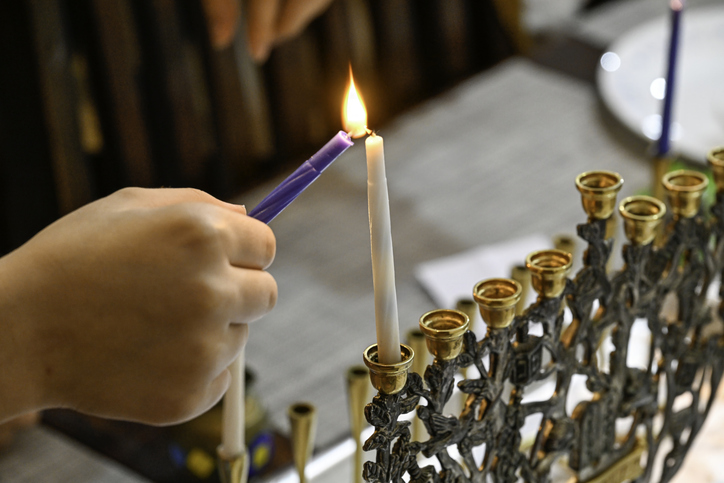



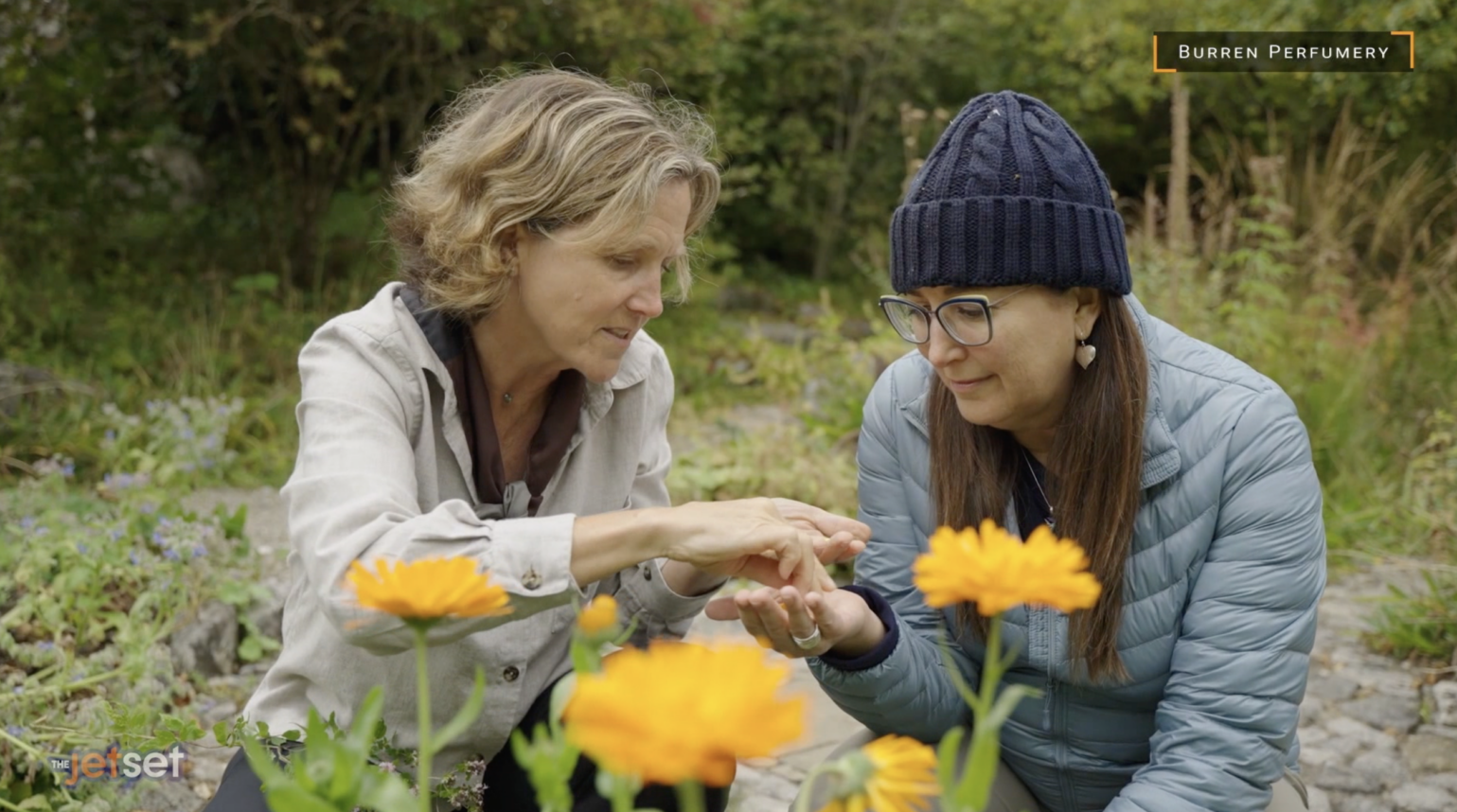






 More news and opinions than at a Shabbat dinner, right in your inbox.
More news and opinions than at a Shabbat dinner, right in your inbox.